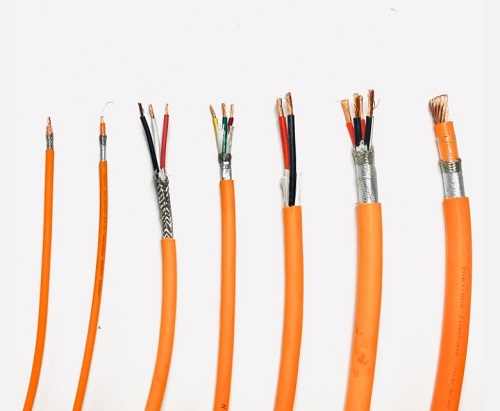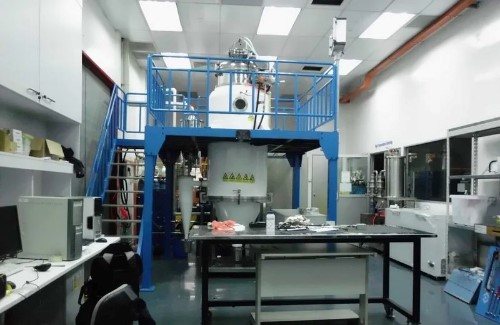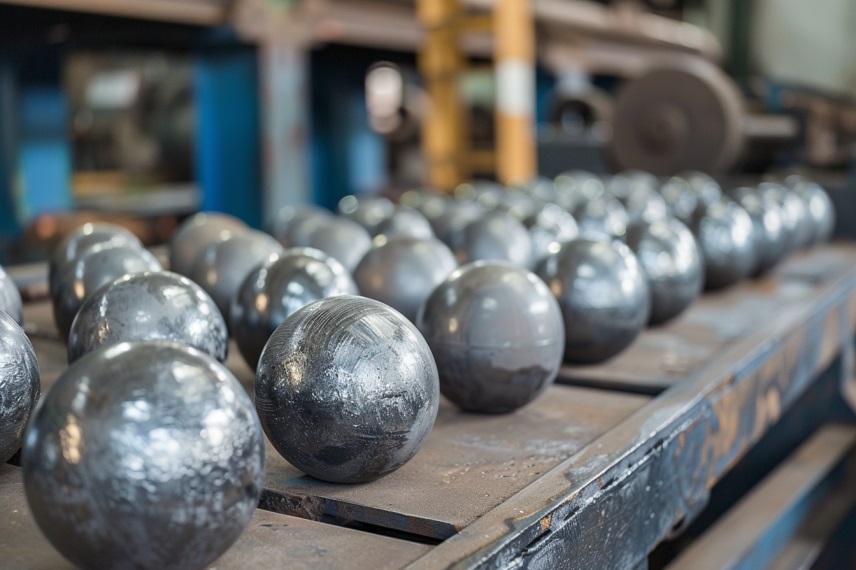Rare Earth Metals Extraction from the Sea Floor Gets Easier
Economists and geologists have already warned that the world may be running out of crucial and critical earth metals required for manufacture of different substances. The demand for these metals has exceeded supply and this could drive the prices up. This is expected to increase the costs associated with obtaining the existing rare metals. However, a group of geochemists has discovered an easy way to extract the deposits of the metals that are still under the sea.
An article was published recently in the journal of applied geochemistry, and according to the scientists, the rare earth metals can be extracted from the solid iron and manganese nodes that are strewn across the vast and deep ocean floor. These nodes, referred to as ferromanganese deposits, establish themselves gradually over time as liquefied iron and manganese in seawater appends to the seafloor sediments.
The team of geochemists have developed a solvent known as desferrioxamine-B as the key element of the method that they intent to use for extraction. This diluter or solvent attaches better to some metals than others. Therefore, when smothered to ferromanganese nodes, it can extract the rare earth metals effectively and efficiently and leave the other metals stuck in the nodules. The experts claim that this method has allowed them to extract about 80% of four rare earth metals by refinement of their ore-leaching method from the ferromanganese nodules.
These findings are expected to prompt miners to obtain licenses to begin exploration and extraction at the seabed in search of the materials that are vital for portable electronics as well as hybrid vehicle batteries. The United Nations’ International Seabed Authority has given out 30 exploration permits since 2001 to allow exploration in the mid-Atlantic, the Pacific and Indian Oceans. The same authority hints to the fact that it has noticed a rush by explorers of late to obtain permits and it is ready to issue about seven more permits.
The UN has not been left behind as the research team gives hope for the deep-sea mining. In 2013, the UN issued an update showing its plan for instituting a regulatory framework for the mining. According to the update, private companies will be permitted access to oil, gas and mineral extraction licenses beginning 2016. Rare metals are rare to find because of their widespread dispersion within the Earth’s crust and are not easily found in adequate deposits like other minerals. This means that if an easier ad alternative mining can be established, they metals would not be so rare after all.









